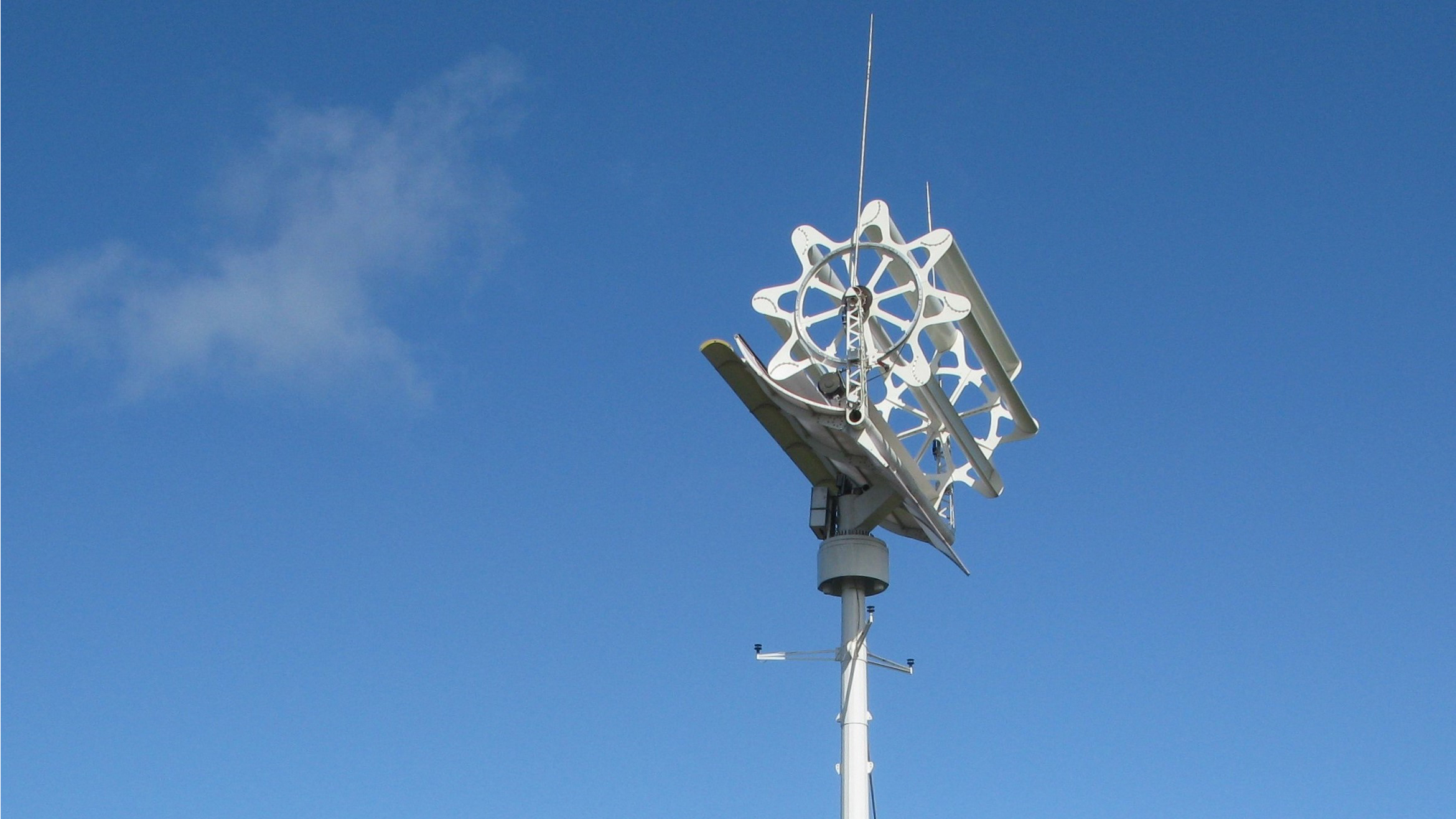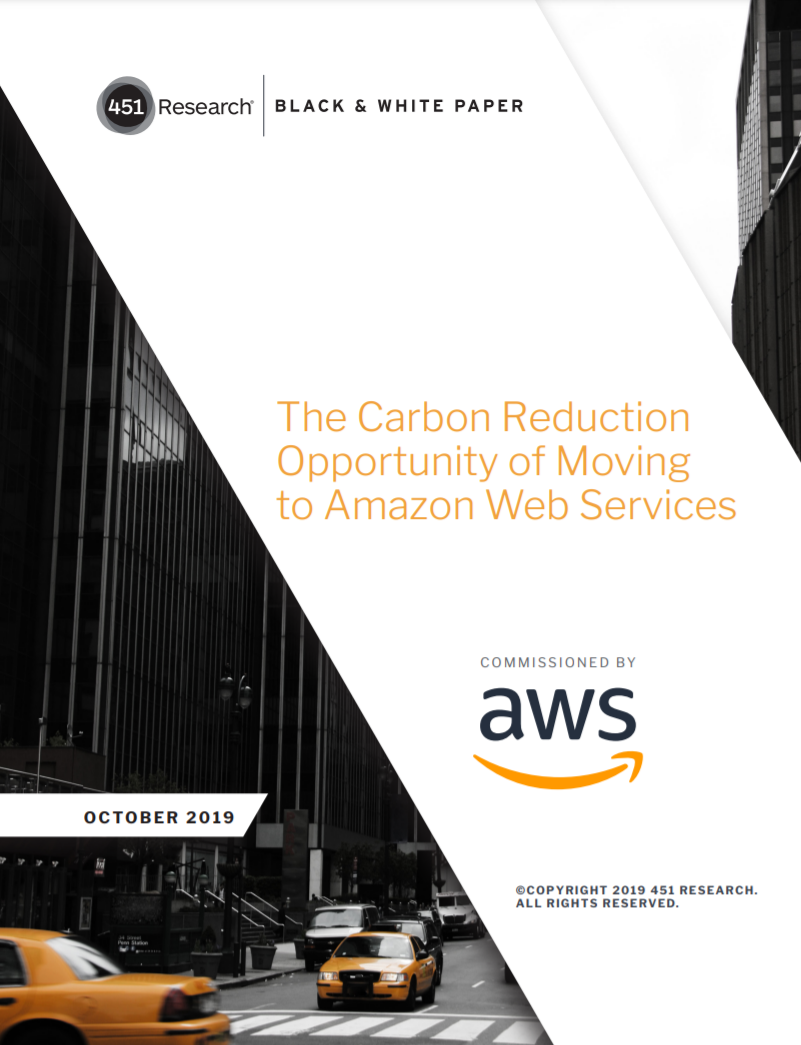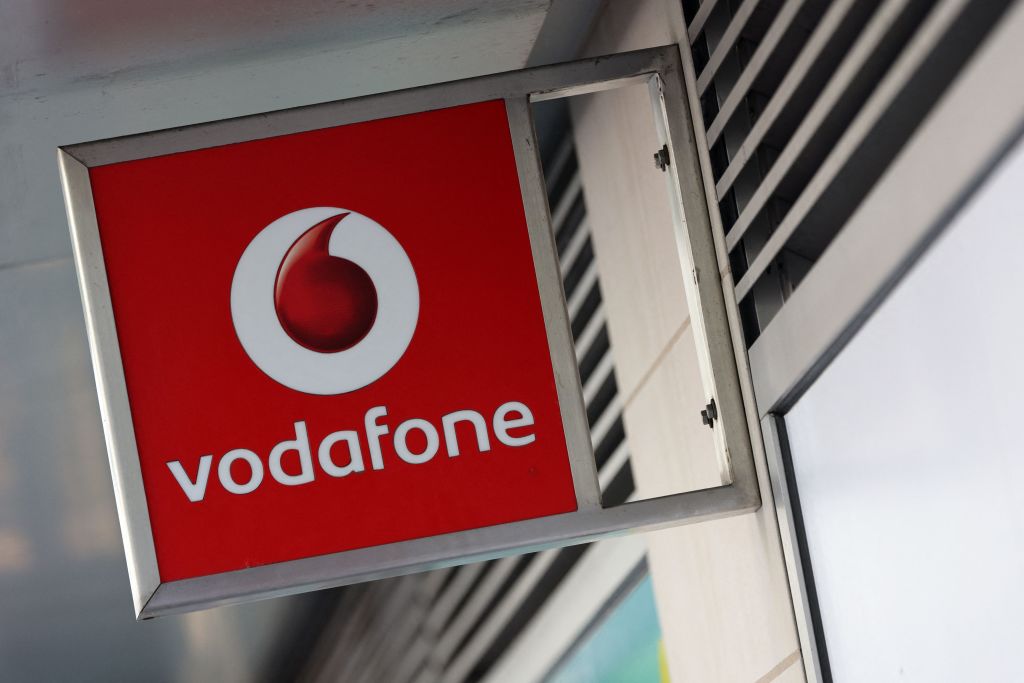Vodafone to roll out self-sufficient masts powered entirely by renewable energy
Masts will be built in remote locations in the UK following a trial later this year


Vodafone is set to install mobile phone masts powered only by renewable energy once trials of the technology conclude later this year.
Dubbed Eco-masts, they will be deployed in remote locations in the UK away from any connection to the electricity grid.
The masts should also improve rural connectivity by allowing new sites to be built in more remote areas, supporting industry commitments to cover 95% of the UK landmass by 2025.
Vodafone has been working alongside Crossflow Energy on the development of the latter firm’s wind turbine technology, combined with solar and battery technologies, to create a self-powered mobile network tower. Vodafone’s network partner, Cornerstone, will run a proof-of-concept mast with Crossflow’s Turbine technology on rural mobile sites.
As well as reducing Vodafone’s energy consumption, self-powered sites remove the need to connect to the electricity grid. Vodafone said this overcomes what can be an “insurmountable civil engineering challenge” when building new sites in the most rural parts of the UK.
Vodafone said that in addition to reducing the environmental impact of the site by using renewable energy, and removing the need for diesel generators for back-up power, the bird-friendly turbine makes the Eco-Tower viable for the most sensitive of sites, including Areas of Outstanding Natural Beauty.
RELATED RESOURCE

Andrea Dona, chief network officer at Vodafone UK, said that improving rural connectivity comes with some significant challenges.
Get the ITPro daily newsletter
Sign up today and you will receive a free copy of our Future Focus 2025 report - the leading guidance on AI, cybersecurity and other IT challenges as per 700+ senior executives
“Connecting masts to the energy grid can be a major barrier to delivering this objective, so making these sites self-sufficient is a huge step forward for us and for the mobile industry,” he said. “Our approach to managing our network as responsibly as possible is very simple: we put sustainability at the heart of every decision. There is no silver bullet to reducing energy consumption, but each of these steps forward takes us closer to achieving net zero for its UK operations by 2027.”
Martin Barnes, chief executive officer at Crossflow Energy, added that the trial was an opportunity to show how its self-powered Eco-Tower solves the problem of harnessing ‘small wind’ to offer “not just that all important carbon reduction but also significant commercial benefits”.
“In the case of Vodafone, it will help to accelerate the expansion of rural connectivity, transform energy consumption patterns and deliver significant economic and carbon savings,” said Barnes.
“Our turbine technology has equally strong applications for so many other industries, but to have such a high-profile player as Vodafone deploying our Eco-Tower is a major endorsement for us and our technology."
Rene Millman is a freelance writer and broadcaster who covers cybersecurity, AI, IoT, and the cloud. He also works as a contributing analyst at GigaOm and has previously worked as an analyst for Gartner covering the infrastructure market. He has made numerous television appearances to give his views and expertise on technology trends and companies that affect and shape our lives. You can follow Rene Millman on Twitter.
-
 Asus ZenScreen Fold OLED MQ17QH review
Asus ZenScreen Fold OLED MQ17QH reviewReviews A stunning foldable 17.3in OLED display – but it's too expensive to be anything more than a thrilling tech demo
By Sasha Muller
-
 How the UK MoJ achieved secure networks for prisons and offices with Palo Alto Networks
How the UK MoJ achieved secure networks for prisons and offices with Palo Alto NetworksCase study Adopting zero trust is a necessity when your own users are trying to launch cyber attacks
By Rory Bathgate
-
 Better together
Better togetherWhitepaper Achieve more with Windows 11 and Surface
By ITPro
-
 Transforming the enterprise
Transforming the enterpriseWhitepaper With Intel and CDW
By ITPro
-
 The top trends in money remittance
The top trends in money remittanceWhitepaper Tackling the key issues shaping the money remittance industry
By ITPro
-
 How Kantar revamped its IT infrastructure after being sold off
How Kantar revamped its IT infrastructure after being sold offCase Study Being acquired by a private equity firm meant Kantar couldn’t rely on its parent company’s infrastructure, and was forced to confront its technical shortcomings
By Rene Millman
-
 Deutsche Bank wraps up Postbank IT integration after bug-laden migrations
Deutsche Bank wraps up Postbank IT integration after bug-laden migrationsNews The IT merger is expected to generate annual savings of €300 million by 2025
By Daniel Todd
-
 Vodafone and Three’s merger could shake mobile, broadband markets
Vodafone and Three’s merger could shake mobile, broadband marketsThe long-awaited merger will see the pair become the largest mobile network operator
By Rory Bathgate
-
 Analyzing the economic benefits of Dell Technologies with VMware Tanzu & Intel
Analyzing the economic benefits of Dell Technologies with VMware Tanzu & IntelWhitepaper ESG economic validation
By ITPro
-
 Vodafone announces largest layoff round in company history, 11,000 jobs to be axed
Vodafone announces largest layoff round in company history, 11,000 jobs to be axedNews Jobs in the UK, Germany, and Italy are included in the three-year cost-saving plans
By Rory Bathgate